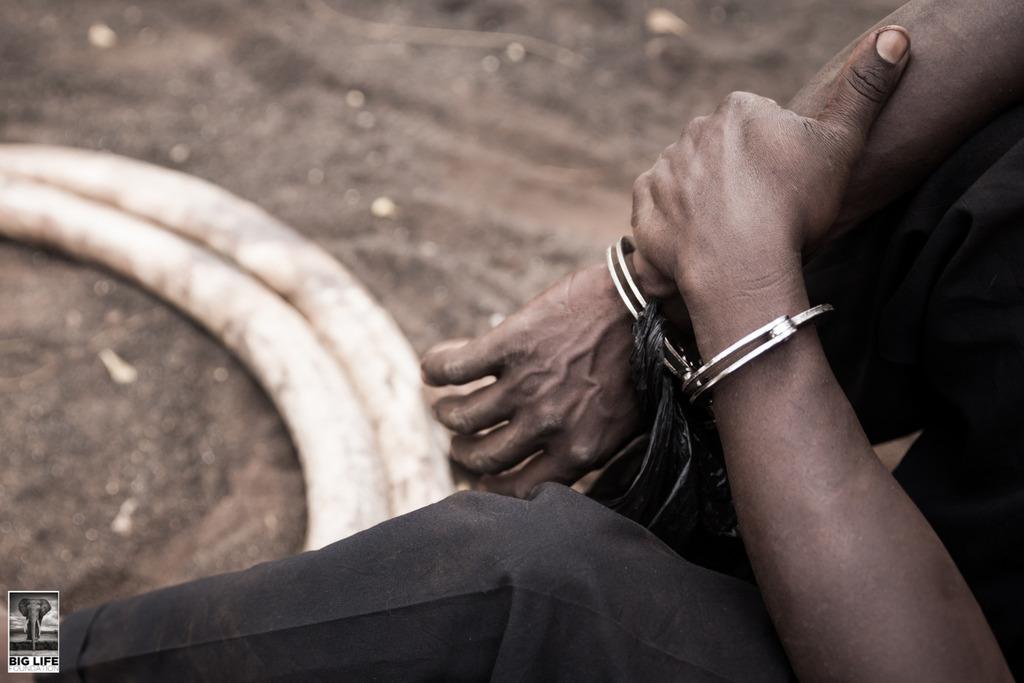
That’s the sentence that was recently handed to each of the four people arrested by Big Life rangers last year for trying to illegally sell a leopard skin.
It’s an important question: what happens to arrested poachers? Stories abound of corruption in the courts and suspects walking free. But here in Kenya, we are seeing some courts starting to impose the stiffer sentences introduced in The Wildlife Conservation and Management Act of 2013.
In another recently concluded case, one man was sentenced to a fine of US $4,500, or a three-and-a-half year jail sentence, for killing two dik-dik antelope and two porcupines for bush meat. For comparison, in 2012 a poacher was let off with a fine of only US $300 for killing an elephant.
The bail for accused suspects is following suit. For one man trying to sell four pieces of ivory, bail was set at US $10,000. In another case, bail was set at US $30,000 each for two men accused of poaching an elephant and possession of an AK-47.
These penalties are the result of a commitment by the lawmakers of Kenya to combat wildlife crime, and the work of groups such as Wildlife Direct and African Wildlife Foundation to empower and educate the judges and prosecutors.
Let's hope that these penalties will finally become sufficiently serious that poachers will make a third choice - not to kill for profit.
